Deficit to grow in mid-year budget update, economists warn
Economists have warned Jim Chalmers it is already too late to offset the ballooning budget deficit as the prospect of a federal election looms.
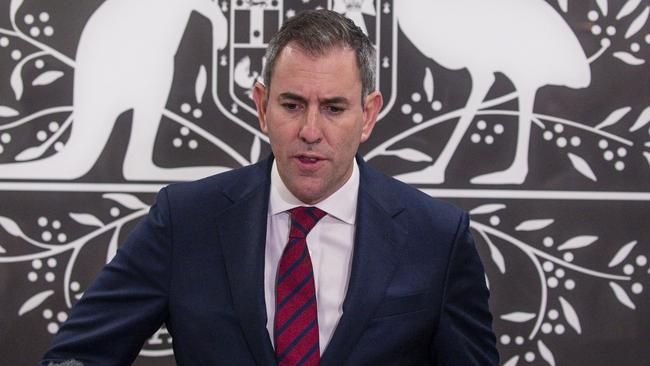
Economists have warned Jim Chalmers it is already “too late” to offset the ballooning budget deficit, as the prospect of a federal election looms amid a surge in costs to deliver healthcare, early childhood education and compensation to veterans.
As the Treasurer prepares to hand down the mid-year budget update on Wednesday, economists are divided on whether a higher or lower cash deficit will be recorded than the current forecast of $28.3bn.
Dr Chalmers said the Mid-Year Economic and Fiscal Outlook would be defined by “responsible economic management”, while foreshadowing that “substantial pressures on the budget” would lead to some tightening.
The clearance of thousands of veterans’ compensation claims has inflicted a $1.8bn hit.
“There’ll also be a number of variations in spending, including the veterans … natural disasters, Medicare, early childhood education and the like,” Dr Chalmers told Sky News.
“There are a handful of quite big pressures that we’ve had to account for, and that means some slippage in some years in the mid-year budget update.”
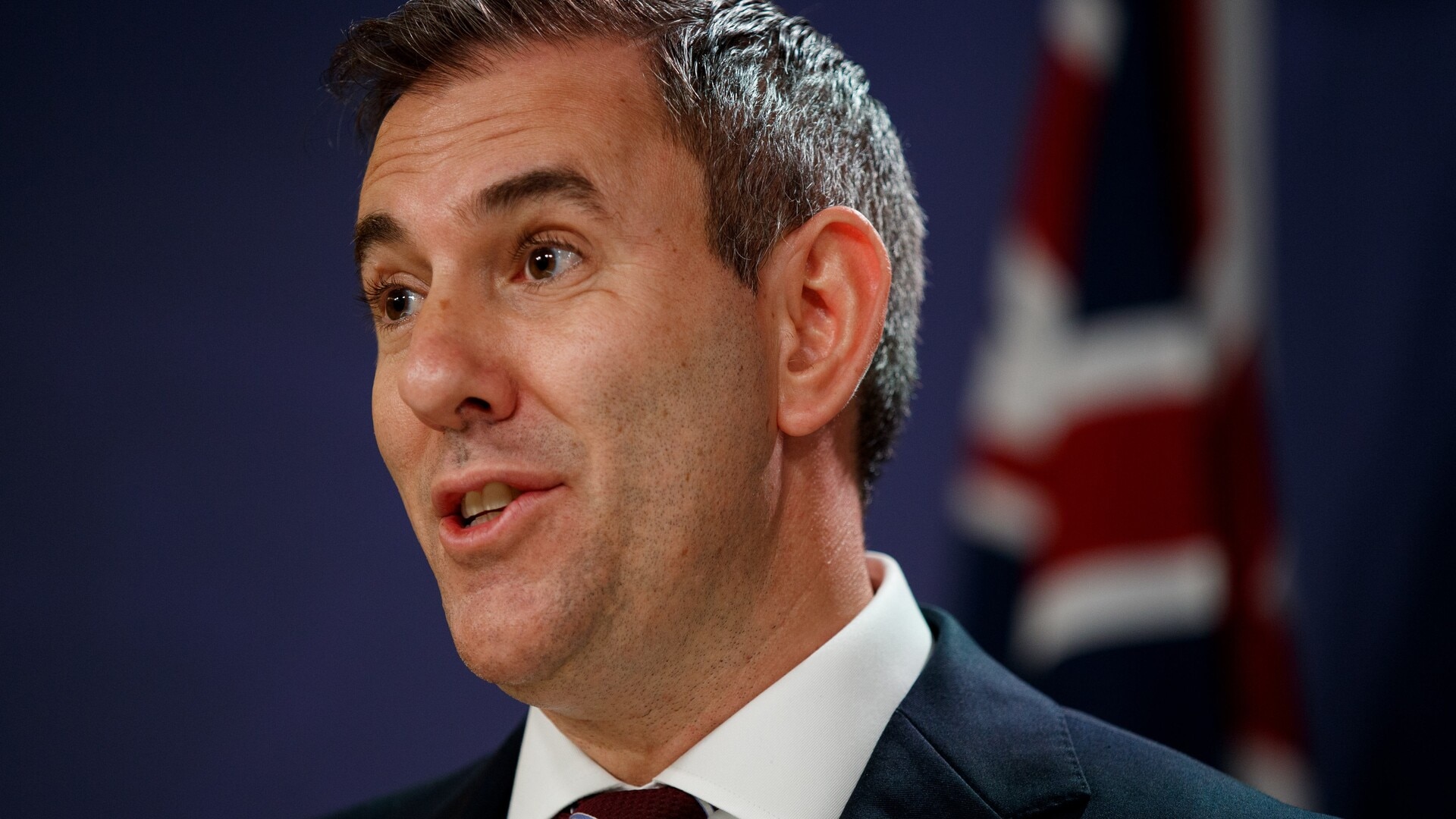
With some economists predicting Labor will roll out another round of electricity subsidies in the lead-up to a federal election due on or before May 17, the Albanese government is not in the political position to pursue spending cuts or raise extra revenue.
Independent economist Chris Richardson said Dr Chalmers had increasingly opted to fund the NBN, clean energy, housing and Labor’s policy to forgive student debts “off budget” to prevent the cost impacting the underlying budget position.
Mr Richardson said his latest modelling estimated that Labor would overshoot its previous forecast with a $33bn underlying cash deficit for the 2024-25 financial year, but there were changes the government could make in the long term to improve its fiscal position.
“It’s too late (to offset the deficit),” he said. “There are important things that need to be done for the budget over the longer term; we tax tobacco stupidly, we tax gas stupidly, we do dumb things around superannuation,” he said.
“We’re not yet on top of the NDIS, where somehow we’ve managed to end up doing the wrong thing by the nation’s disabled and the nation’s taxpayers at the same time.
“The WA GST deal is a travesty … it’s all about politics rather than policy. We do so many dumb things with our budget, and neither side of politics is showing the slightest inclination to do anything less dumb.”
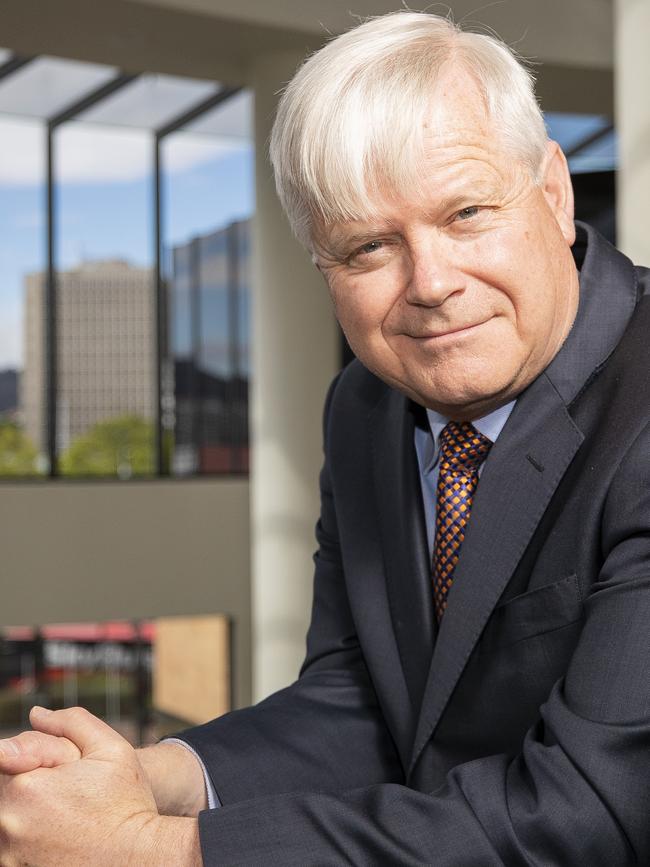
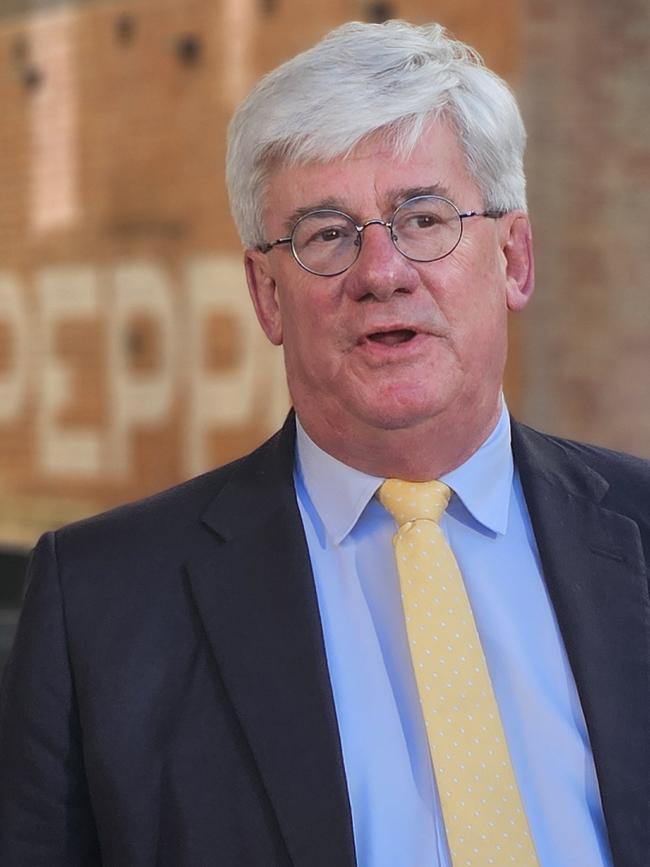
Economist Saul Eslake said Dr Chalmers had been able to deliver two surpluses in part due to the conservative estimates of commodity prices, such as iron ore, though these were now coming down.
“Six months out tops from an election, I wouldn’t expect the government to be doing very much to offset spending increases,” he said.
“I would expect there’d be a modest amount of additional new spending as a result of policy decisions.
“For example, I’d expect either in MYEFO or sometime between MYEFO and when the election is held that the government will have another round of electricity bill relief.”
AMP chief economist Shane Oliver said it was possible the mid-year budget update could contain a deficit of $24bn or $25bn, lower than forecasted in part due to a higher-than-expected iron ore price and a strong job market boosting the tax base.
“Commodity prices are still above, particularly iron ore prices still above what the budget was assuming,” he said.
“The jobs market is still pretty strong, so more people are in jobs paying extra tax revenue.
“The budget wasn’t assuming it would occur, because they were assuming a weaker economy by now.
“So there are things that do provide a bit of an offset.”
Dr Oliver said he anticipated the mid-year update was likely to allocate billions of dollars to unannounced election policy.
“I suspect we could see several billions of dollars worth of money in the category called decisions taken but not yet announced,” he said.
“But likelihood is that they’ll be unveiled over the run-up to the election, (and) some could be unveiled on Wednesday.”


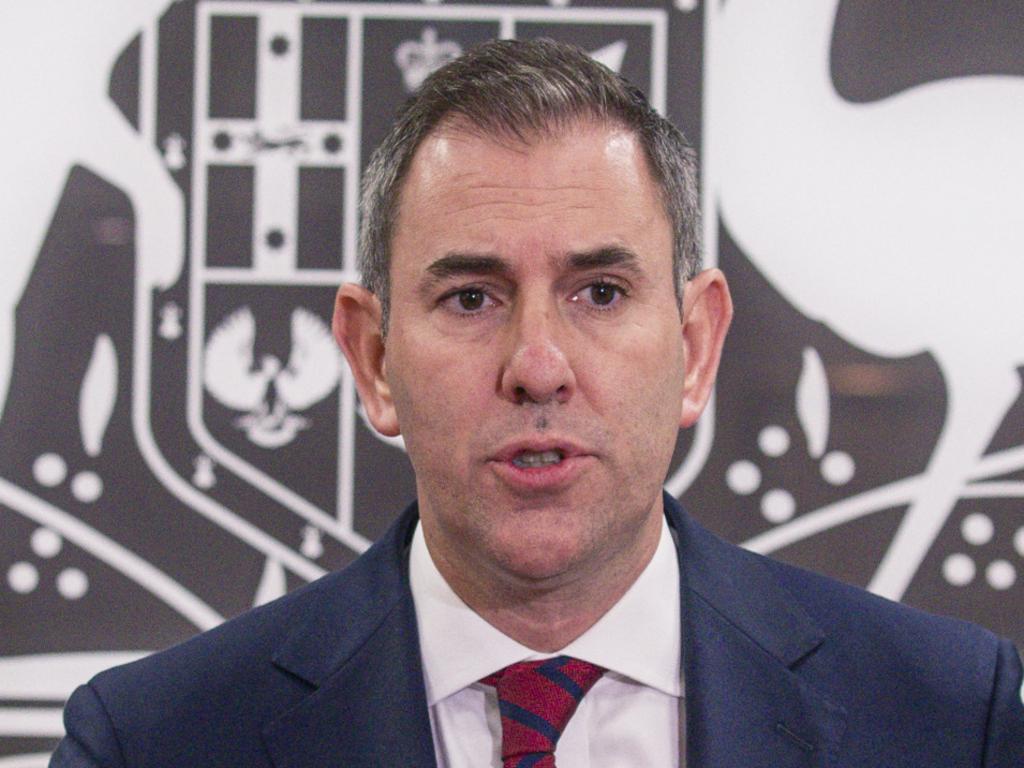



To join the conversation, please log in. Don't have an account? Register
Join the conversation, you are commenting as Logout